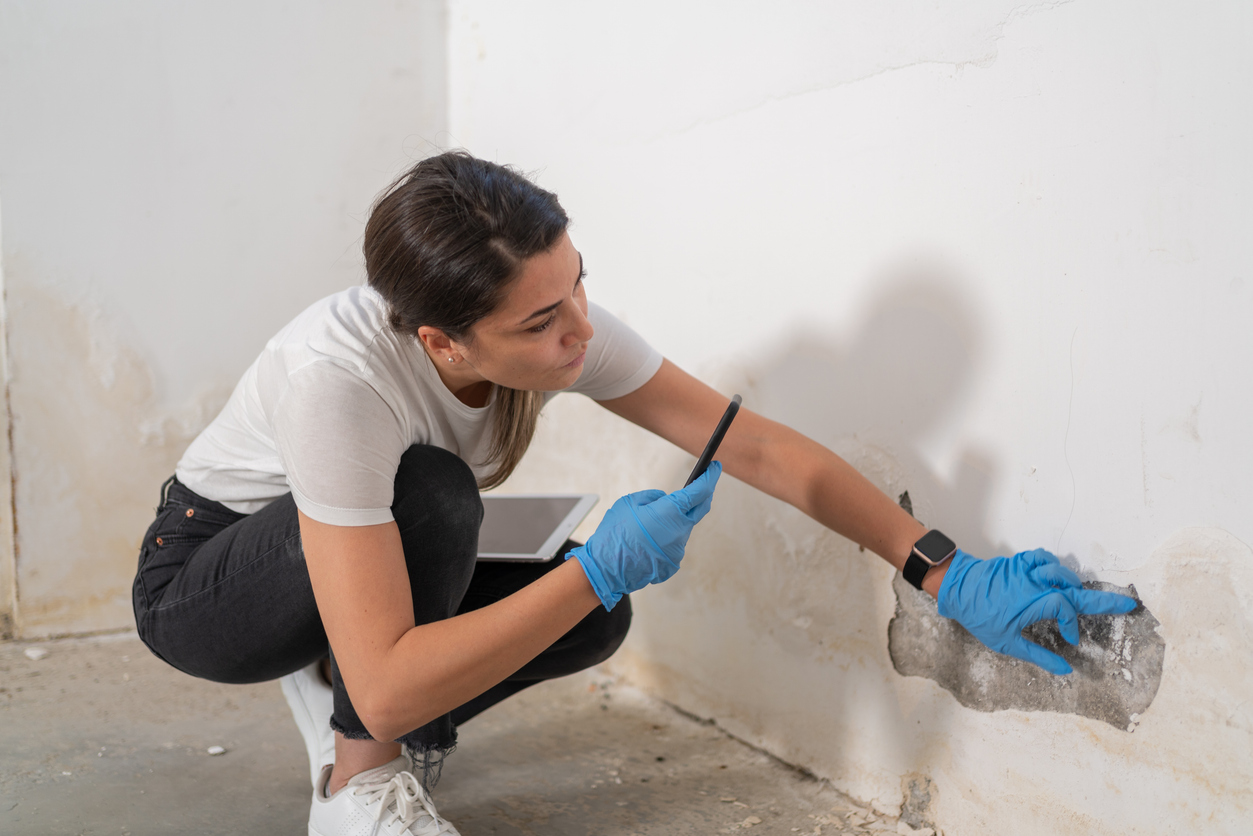When your property suffers a loss, you enter the insurance and property loss marketplace to pursue your claim. This world is filled with professionals who provide wide-ranging services, many of which you need. How to choose?
Take, for example, board-up companies. In most cases, you MUST hire one if you just had a fire. On what basis do you pick amongst the competing businesses? It’s not easy. There might be 10 board-up companies in your area, and each one will vie for your business, sending solicitors to your property immediately upon hearing about the fire. You are required by your policy to secure the property and prevent further damage after the loss. They know you have to pick one to carry out what is essentially required work. They canvas the area and hope their representative makes a favorable enough impression that you pick them.
These vendor selections must happen right away. First-hand experience is important, but so is the personal connection you make with the individual vendor. Let’s take a quick look at the types of vendors you’ll encounter, which ones are indispensable, and how you can evaluate them for maximum satisfaction and effectiveness.
Board-Up Companies
Boarding up is mandatory because, under your insurance policy, you have a duty to protect the property from further damage. This means more than just preserving the site for the required insurance investigation – it also means keeping out trespassers, vandals, vagrants, etc.
Tips for vetting:
- Ask if they plan to board up second-floor windows. This is often unnecessary and can lead to a padded bill for you, as well as a difficult time for investigators who rely on natural light. Pick the vendor that isn’t looking to expand the project beyond what is necessary, and do only what the municipality requires.
- What does the roof need? Sometimes it doesn’t even make sense to put up a tarp if the area below is completely ruined. The vendor should understand that and have a point of view that recognizes this.
- Will the vendor simply board up the windows, or are they ‘through-bolting’ them? Standard industry practice favors the latter. Otherwise, it’s very easy to tear away plywood and gain entry.
- What will the cost likely be? If the interior isn’t going to be saved, the vendor should only do the minimum required to secure the premises.
- Ask for proof of insurance!
Restoration Contractors
Restoration contractors come into the property after a fire or water loss and mitigate damage by stabilizing the building in the following ways: extracting standing water in the basement; pulling down ceilings or supports that are about to collapse; preventing mold-mildew by pulling up and removing all heavily damaged carpets; cleaning up shattered glass outside; “dropping” equipment for drying or deodorization purposes. Their goal is to stop any additional damage from occurring.
Shortly after taking these steps, the restoration company will examine how the building reacts and determine, for example, which areas still have high levels of moisture. As experienced public adjusters, we hold the firm view that these remediation companies – especially in the beginning – should only be doing demo on areas that won’t dry on their own. If a hardwood floor gets wet and buckles, there’s no reason to pull it up until after the insurance adjustment takes place. But if a wall reads 100% wet and won’t dry, the restoration contractors should demo that area. Remember – the insurance company wants to examine the damage as part of its claims evaluation.
Their top job is to dry things out so things don’t get worse and so the place is construction-ready ASAP.
Tips for vetting:
- Ask your public adjuster for a recommendation.
- If you don’t yet have a public adjuster, call your insurance company or agent and have them send their preferred restoration company.
- Not all remediation companies are the same, so pick wisely. Even different franchise offices of the same national company will likely provide differing levels of service.
- Make sure they perform moisture mapping immediately.
- Address environmental issues. Asbestos testing is mandatory, for example, but other tests may not be required. Remember that these vendors are businesses and are happy to provide any services they can bill. Limit them only to those you absolutely need.
- If anyone is performing any demo, be sure they get a building permit and an asbestos survey. The town can stop any remediation work if the company does not get the proper permits!
- Demand an experienced restoration company that appreciates the investigative importance of preserving (i.e., avoiding altogether!) the area where the fire started. The origin area is where the investigation occurs, and any entry or disturbance by a restoration vendor could sully an otherwise “clean investigation” and possibly prejudice the insurance company’s right to subrogation – which could harm your rights under your policy.
- Note: At this point in the claims process, the insured should sign authorization forms for emergency services only.
Stay tuned for Part II of “Vetting your Vendors” – focusing on dry cleaners and movers…




